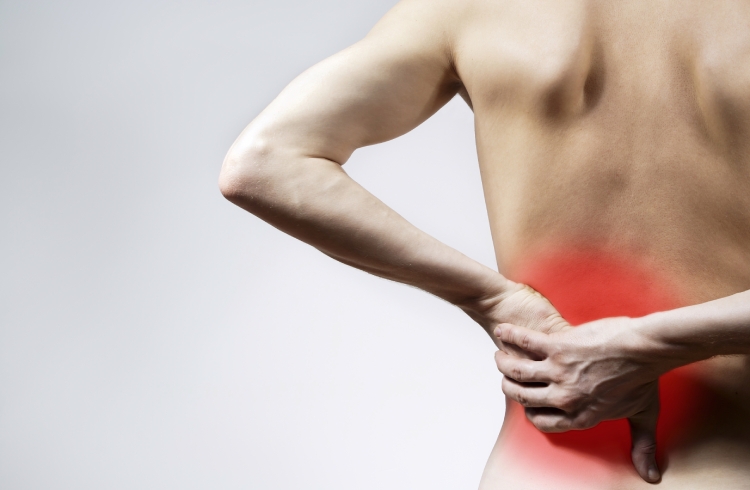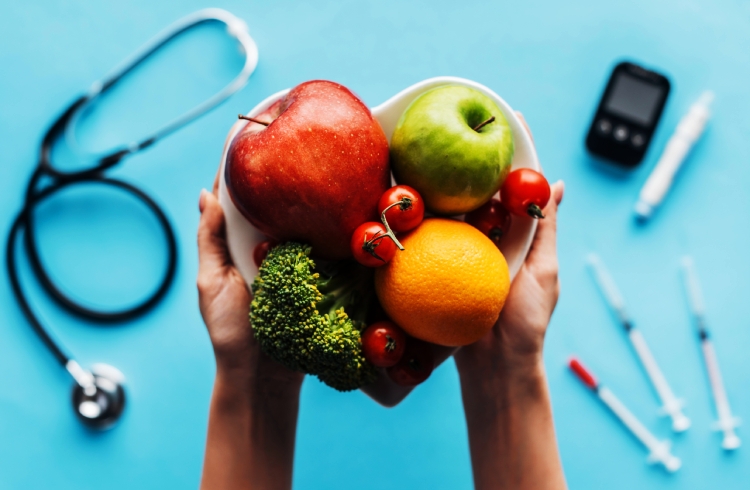Learn how to take care of the kidneys, and stay away from kidney diseases
10/03/2021
The main function of the kidneys is to filter the blood, and kidney disease compromises this function. Several actions can be taken to prevent kidney disease.The kidneys are two beans-shaped organs that are located on the back, with the last ribs having the function of protecting them. A large amount of blood circulates through them through the renal arteries daily, eliminating all undesirable substances through the urine.
Urine is the liquid formed by water that the body does not need and that is why it is eliminated together with salts and other products (sodium, calcium, phosphorus, urea and uric acid, among others) that should not be accumulated in the blood. During a day about 1200 to 2000 liters of blood pass through the kidneys and about 1.2 to 1.5 liters of urine are formed. Therefore, to maintain adequate kidney function, it is important to always be well hydrated. Remember that feeling thirsty is already a sign of dehydration. The average water you should drink per day is 2 to 3 liters per day, or 0.03L per kilogram of weight. In addition to drinking water, we need to stay away from diseases like diabetes and hypertension that increase the risk of kidney disease. But obesity, cigarette smoking, and the use of toxic drugs can also affect kidney health. First signs of kidney diseaseThe causes of kidney disease can have several origins and the first step for its detection is to observe changes in the urine, that is, the quantity, the color, and the frequency and quantity. Changes detected in blood tests, such as creatinine, urea, mineral salts or anemia without an apparent cause, may indicate a change in the kidneys. Swelling in the feet, hands and eyes, as well as back pain or increased blood pressure can also be warning signs. Risk factors for kidney disease are hypertension, diabetes, age over 60, family history of kidney disease or heart or cardiovascular disease. When the kidneys are no longer functioning properly, dialysis is required. If the patient is unable to get a kidney transplant, he or she may have to undergo treatment for the rest of his life. In case of kidney failure, it is important to:
Tips for keeping your kidneys healthy
|



